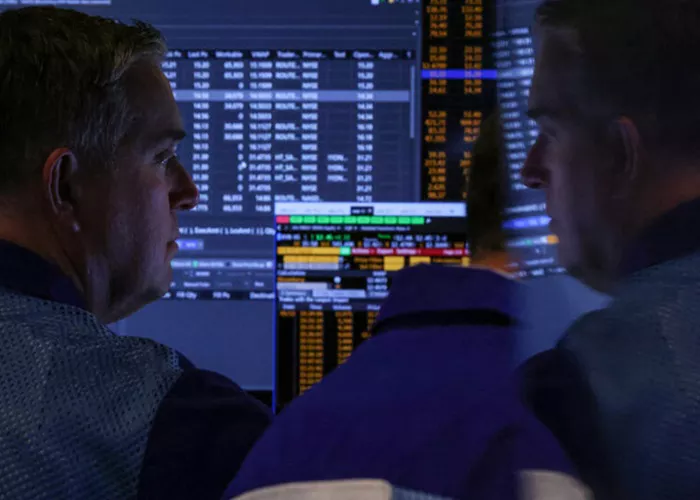As the U.S. stock market has rebounded sharply this year, investors find themselves caught in a challenging dilemma, uncertain about the full impact of tariffs on the economy while facing rising market optimism. Despite the easing of trade tensions, concerns about the long-term effects of tariffs on consumer spending and corporate profits continue to weigh heavily on investor sentiment.
Since the beginning of 2025, the stock market has experienced considerable volatility. A sharp drop in stock prices triggered by former President Donald Trump’s decision to impose extensive tariffs was followed by a recovery, as recent trade developments and new economic data suggested that the worst may be behind.
On Tuesday, the Consumer Price Index (CPI) showed a slight decline in inflation, signaling a moderation in the inflationary pressures that had been stoked by tariffs. This was welcome news for markets, which had been bracing for further price increases due to the high tariffs imposed on various Chinese imports, some of which have reached 30%.
The S&P 500 index, which nearly slipped into bear market territory at the start of May, managed to rebound, rising 0.7% on Tuesday. While the index is now marginally higher than its position at the start of the year, investors remain cautious and hesitant, uncertain about what lies ahead.
Despite this, many investors are feeling pressured not to miss out on further market gains, particularly as the tariffs are being gradually reduced and trade agreements take shape. This creates a precarious position for those who are uncertain about the economic outlook but are reluctant to stand on the sidelines as the market continues to rise.
John Kerschner, a portfolio manager at Janus Henderson, explained that the impact of tariffs on inflation may not show up in economic data for several months. “The market will be closely monitoring these numbers to determine the real impact of price increases caused by tariffs,” he said, adding that uncertainty in the markets may continue to rise.
The Federal Reserve, too, has adopted a wait-and-see stance, choosing not to cut interest rates until the effects of the new tariffs become clearer. A rate cut could stimulate the economy, but it could also lead to further inflationary pressures. As a result, expectations for a rate cut have shifted, with many investors now anticipating the first reduction to come in September, rather than sooner.
Morgan Stanley’s chief economist, Ellen Zentner, remarked that the CPI’s lower-than-expected reading does not mean that tariffs are not affecting the economy, but rather that their impact is not yet reflected in the data. “The Fed will remain on the sidelines until the situation changes,” she noted.
While some parts of the market are showing signs of improvement, underlying concerns remain. The Russell 2000 index, which tracks smaller companies that are more vulnerable to economic downturns, has climbed back from its lows but is still 14% below its peak in November. Similarly, the S&P 500 is about 4% below its February high. Corporate debt, particularly among lower-rated bonds, continues to exhibit signs of strain.
The U.S. dollar has also been a significant indicator of market sentiment. It has dropped 6.9% this year, marking its biggest decline since 2022 when the Federal Reserve slowed its rate hikes. While the dollar has regained some ground as trade tensions have eased, it remains a point of concern for investors.
Deutsche Bank analysts noted that while there is a growing belief that the worst of the trade war is over, they caution that the U.S. is not yet entirely out of the woods. “The trend is now toward de-escalation,” they stated, but the future remains uncertain.
As the situation continues to unfold, both businesses and consumers are holding back on investments and spending, contributing to a slowdown in economic growth. The prolonged uncertainty surrounding trade policies may ultimately have as significant an impact on the economy as the tariffs themselves.
Joe Rennison reports on financial markets, examining stock market fluctuations and the actions of Wall Street insiders.
Related Topics:
U.S. Stock Rise as Trade War Tensions Ease
Thai Stock Market Sees Modest Gains Amid Global Optimism
US-UK Deal Spurs Optimism, Asian Markets Rise on Trade Talks

